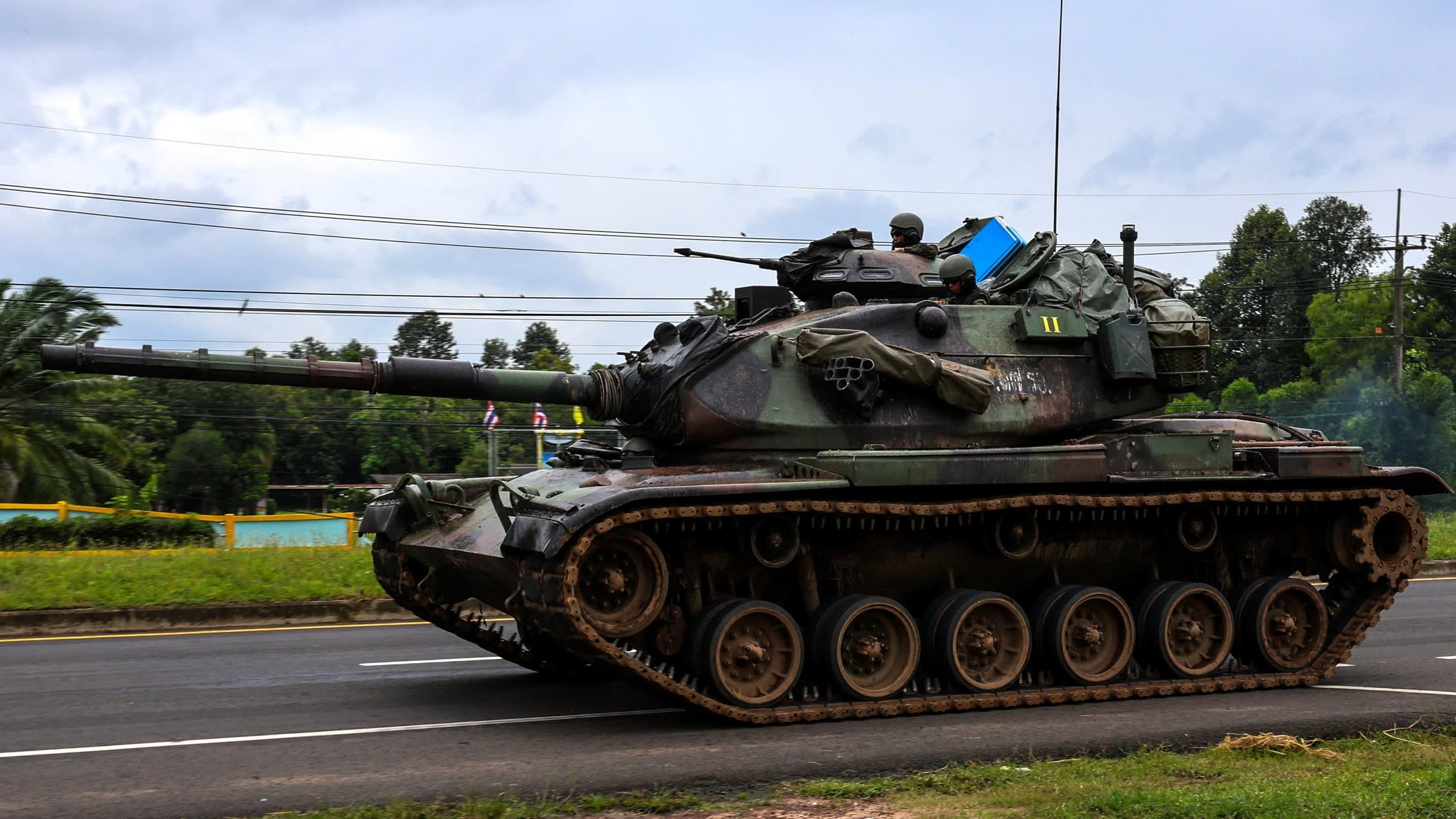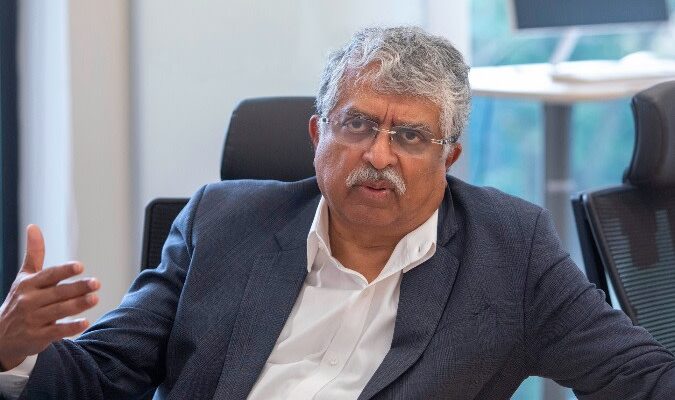
Unlock the Editor’s Digest for free
Roula Khalaf, Editor of the FT, selects her favourite stories in this weekly newsletter.
The writer, an associate professor in the Thunderbird School of Global Management at Arizona State University, is a Cambodian refugee and author of ‘Viral Sovereignty and the Political Economy of Pandemics’
When border disputes turn deadly, it is rarely only about lines on a map. The recent military escalation between Thailand and Cambodia — fuelled by rocket attacks, fighter jet retaliation and civilian casualties — has taken a more than century-old historical disagreement into uncharted and dangerous territory. Behind the chaos lie two combustible forces: domestic political instability and regional diplomatic dysfunction.
Two political dynasties sit at the heart of the conflict: the Hun family in Cambodia and the Shinawatra family in Thailand. In Phnom Penh, the decision of Hun Sen, Cambodia’s former prime minister and now Senate president, to leak a private conversation with Thailand’s then-Prime Minister Paetongtarn Shinawatra was reckless. It undermined regional trust, humiliated a neighbouring leader and ignited nationalist backlash that Thai hardliners were all too ready to exploit.
In Bangkok, the consequences were swift. Thailand’s military, already uncomfortable with Paetongtarn’s leadership and her family’s political legacy, seized on the incident to assert dominance. The leak provided a convenient casus belli. The resulting clashes were not just about sovereignty, but about power, pride and internal power struggles. Cambodia’s decision to pursue confrontation, despite its limited military capability, suggests that Hun Sen’s motivations were as much about consolidating domestic political control as national defence or territorial integrity.
What followed was predictable yet perilous: escalation, civilian deaths and the collapse of border diplomacy. With dozens dead and hundreds of thousands displaced, the region teetered on the edge of wider war. Hospitals and gas stations were struck. Temples near the front lines were turned into militarised zones and damaged. Civilians, caught in the crossfire, paid the highest price.
This is not simply a bilateral failure — it is a systemic one. Asean, the regional bloc charged with maintaining peace among its members, was slow to act. It took Malaysia’s Prime Minister, Anwar Ibrahim, who currently holds the Asean chair, to finally bring both sides to the table. China, the dominant external economic force in both countries, avoided taking sides, more invested in avoiding regional instability than in offering public leadership.
It was the US that eventually stepped in with the bluntest of instruments: tariff threats. These economic pressures, more than diplomatic finesse, appear to have moved both parties to accept a temporary ceasefire. Donald Trump’s personal diplomacy, though unconventional, appears to have produced a pause in the fighting — but one held together more by threat than trust.
That ceasefire is welcome. But it is fragile. Cambodia and Thailand are scheduled to resume talks in early August. Whether those negotiations produce durable agreements remains uncertain. The structural drivers of this conflict — elite power struggles, unresolved territorial claims and hyper-nationalist politics — have not gone away. If anything, they have been reinforced by recent events.
The international community, and especially Asean, must treat this crisis as a warning. This is what happens when diplomacy erodes and nationalist politics fill the void. Cambodia’s leadership, eager to ride a wave of patriotic fervour, risks undermining its own long-term security and international reputation. Thailand’s military, emboldened by domestic political uncertainty, may find that tactical victories come at the expense of regional stability and civilian lives.
If Asean wants to remain relevant, it must act decisively. That means not only de-escalating this crisis, but also creating permanent mechanisms to resolve long-simmering disputes. The bloc should begin by strengthening early warning systems and confidence-building measures between border forces. China, too, must take a more active role. Its neutrality is understandable, but no longer tenable if it wants to be seen as a responsible regional stakeholder. And the US must go beyond tariffs. If Washington seeks credibility as a Pacific power, it has to support regional diplomacy, not just wield economic sticks.
This conflict did not need to happen. And it must not be allowed to happen again. As the saying goes, “borders frequented by trade and diplomacy seldom need soldiers”. Cambodia and Thailand have long traded, co-operated and intertwined socially and culturally. It is now time to rebuild that peace, before another mis-step turns ceasefire into war.


